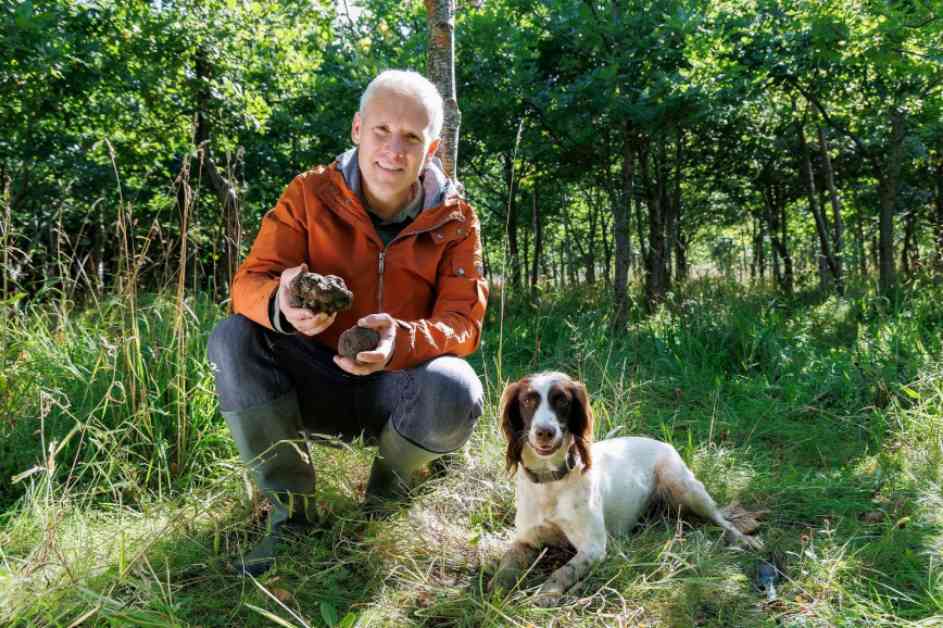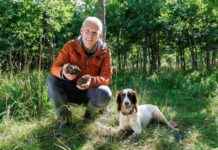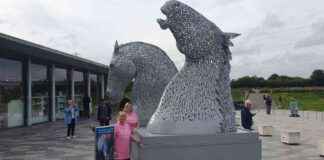In a groundbreaking study published in Nature’s Scientific Reports journal, researchers at Stirling University have unveiled a key factor influencing the quality and quantity of truffles harvested worldwide. Led by Paul Thomas, an esteemed honorary professor at the University of Stirling’s Faculty of Natural Sciences, this research sheds light on the critical role played by truffle-hunting dogs and their handlers in the lucrative truffle industry.
The study, which is the most extensive of its kind, delved into the behavior of truffle dogs and their handlers, analyzing their impact on the harvest outcomes. By scrutinizing a vast dataset comprising 3,180 truffles from 236 hunts in eight truffle-producing woodlands in Greece over a five-month period, the researchers uncovered valuable insights that could revolutionize truffle harvesting practices.
Unveiling the Impact of Truffle Dog Behavior
One of the most significant findings of the study is the potential for minor adjustments in the training of truffle dogs and the methods employed by handlers to significantly enhance the quality and quantity of truffles recovered. By honing the skills of both dogs and handlers, the researchers believe that the industry stands to benefit from improved efficiency, quality, and economic impact.
Moreover, the study revealed that deeper truffles are generally more mature and prone to animal damage, highlighting the importance of handling these delicate fungi with care. By understanding the correlation between truffle depth and quality, harvesters can minimize waste and optimize their harvests for maximum yield.
Interestingly, the study also debunked the notion that climate factors, such as temperature, play a significant role in determining the size of truffles harvested. This unexpected finding underscores the complexity of truffle production and the need for a nuanced understanding of the various factors at play in the harvesting process.
Implications for the Future of Truffle Harvesting
Professor Paul Thomas, the lead researcher behind this groundbreaking study, emphasized the importance of incorporating truffle dog behavior into future scientific studies to further enhance harvesting techniques in the industry. By shining a spotlight on the often-overlooked role of truffle dogs in the harvest process, this research paves the way for innovative approaches that could revolutionize truffle production on a global scale.
Collaborating with professional truffle hunters from The Real Truffle Hunters Ltd and Professor David Kothamasi of the University of Delhi, Professor Thomas and his team have set the stage for a new era of truffle harvesting practices. With his own truffle production business, Mycorrhizal Systems Ltd, supporting his research endeavors, Professor Thomas is uniquely positioned to drive positive change in the industry.
In conclusion, the findings of this study have far-reaching implications for the future of truffle harvesting, offering a glimpse into the untapped potential of optimizing truffle dog behavior for increased efficiency and quality. By harnessing the insights gleaned from this research, the truffle industry stands poised to undergo a transformative shift that could yield significant economic benefits and elevate harvesting practices to new heights.



















